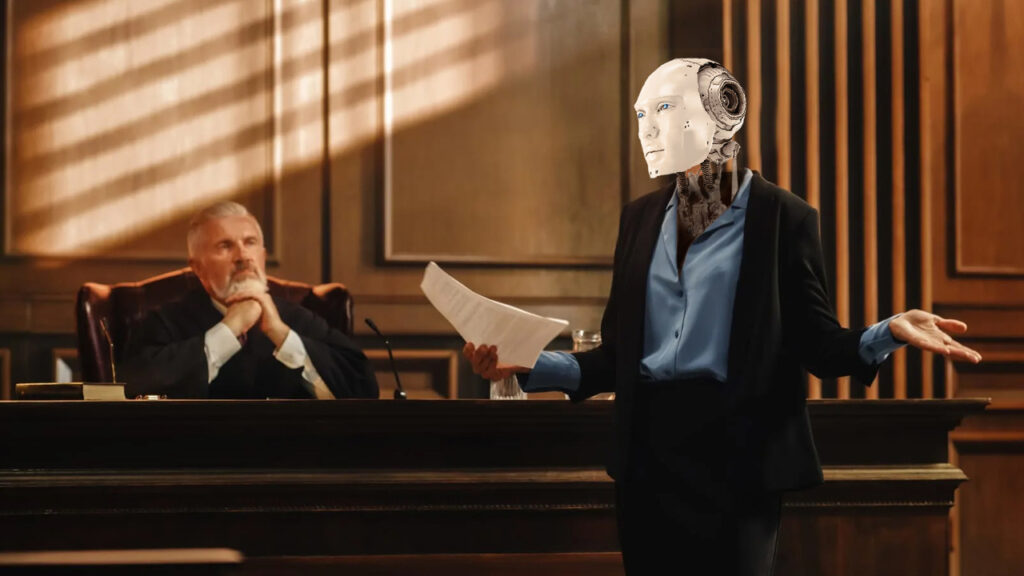
Panama’s real estate sector booming
25/01/2023





One of the most common artificial intelligence options used by many lawyers is to resort to robot lawyer online applications that help create legal declarations.
Among the best known is DoNotPay.
In this software’s chat bot, the person types in what their problem is, in their words. For example, he wants to appeal a ticket issued by a policeman for parking wrongly. Immediately, the software, which has an artificial intelligence module, takes that text and converts it into a document that complies with legal regulations.
DoNotPay emerged in 2015 and in eight years has incorporated new functionalities. It now assists people in drafting tourist visa applications, subscription cancellations, and insurance claim letters. It has nearly 200,000 paying subscribers. The company even received an award from the American Bar Association.
According to the app’s creator, Jim Browder, the success rate for claims created by DoNotPay is almost 80%. The figure drops when it comes to parking tickets, because people actually did commit the infraction.
The application of artificial intelligence to assist in the creation of legal documents is not the only advantage of technologies in the judicial environment. It is becoming increasingly common for artificial intelligence to support the work of lawyers.
For example, software can search and sort large volumes of data in various cases. More than 300 law firms in almost 60 countries use Luminance, the document-sorting software that can work in 80 languages.
In addition, artificial intelligence also assists lawyers in preparing and structuring cases. The Israeli company Litigate created software into which case files can be uploaded. Artificial intelligence then identifies the key figures. It then links them and builds a chronology of the most important events and dates.
Meanwhile, TAX-I software, from accountancy firm Deloitte, calculates the chances of success to establish whether or not it is appropriate to move forward with an appeal.
Will the time come when robot lawyers or robot judges become a reality? The answers to this question vary widely. Some experts believe that it will be a long time before we see them on the bench. Others believe that, in reality, it will not be long before robots take on more visible and important roles in court proceedings.
In reality, all lawyers use database consulting to prepare a trial, contracts, etc. This in legal terms is called case law and allows you to see, for example, cases similar to yours and how the courts have ruled. Probably, a robot lawyer is better than a bad lawyer!